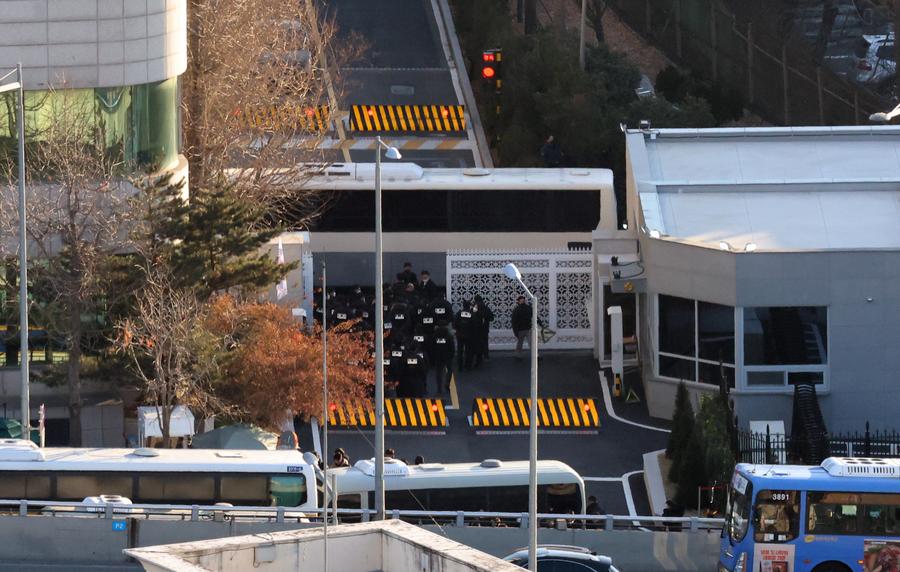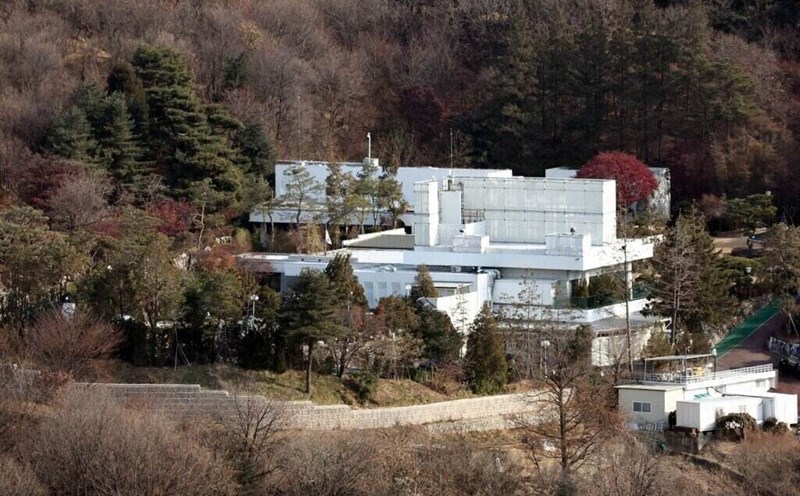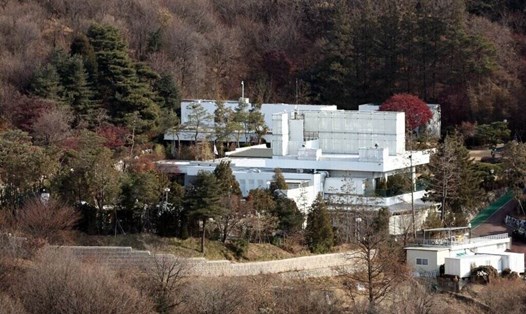The Seoul Western District Court made the decision on January 5, days after the defense team of suspended President Yoon Suk Yeol filed an objection, calling the orders "illegal," Yonhap reported. However, the court did not disclose detailed reasons for rejecting the objection.
The same court had previously approved an arrest warrant for Mr. Yoon for questioning in connection with his role in the failed attempt to impose martial law on December 3. At the same time, the court also ordered a search of the presidential residence in central Seoul.
On January 3, the Corrupt Practices Investigation Office (CIO) attempted to execute the arrest and search warrants. However, a six-hour standoff between investigators and the Presidential Security Team halted the execution.
Mr Yoon's legal team argued that the arrest and search warrants were unlawful, saying the judge had "arbitrarily" ruled that criminal law, which prohibits the execution of warrants in military and political security areas, did not apply to Mr Yoon's case.

According to VNA, on January 5, Mr. Yun Gap Geun, lawyer of President Yoon Suk Yeol, said he would file a complaint with the prosecution on January 6 to request an investigation into CIO head Oh Dong Woon and about 150 other law enforcement officials for trying to execute the arrest warrant for Mr. Yoon.
"They will look into charges of obstruction of justice, unlawful entry into buildings and violations of laws protecting military installations," he said.
The 150 individuals include senior prosecutors at the CIO, acting National Police Agency Director Lee Ho Young and acting Defense Minister Kim Seon Ho.
Mr. Yoon's legal team accused these people of mobilizing special police forces to carry out court orders, even though they have no legal authority to control the police.
On the same day, thousands of people braved heavy snowfall in Seoul to protest both in support of and against the arrest of Yoon Suk Yeol, as South Korea's political crisis appeared to be heading toward another serious confrontation.









